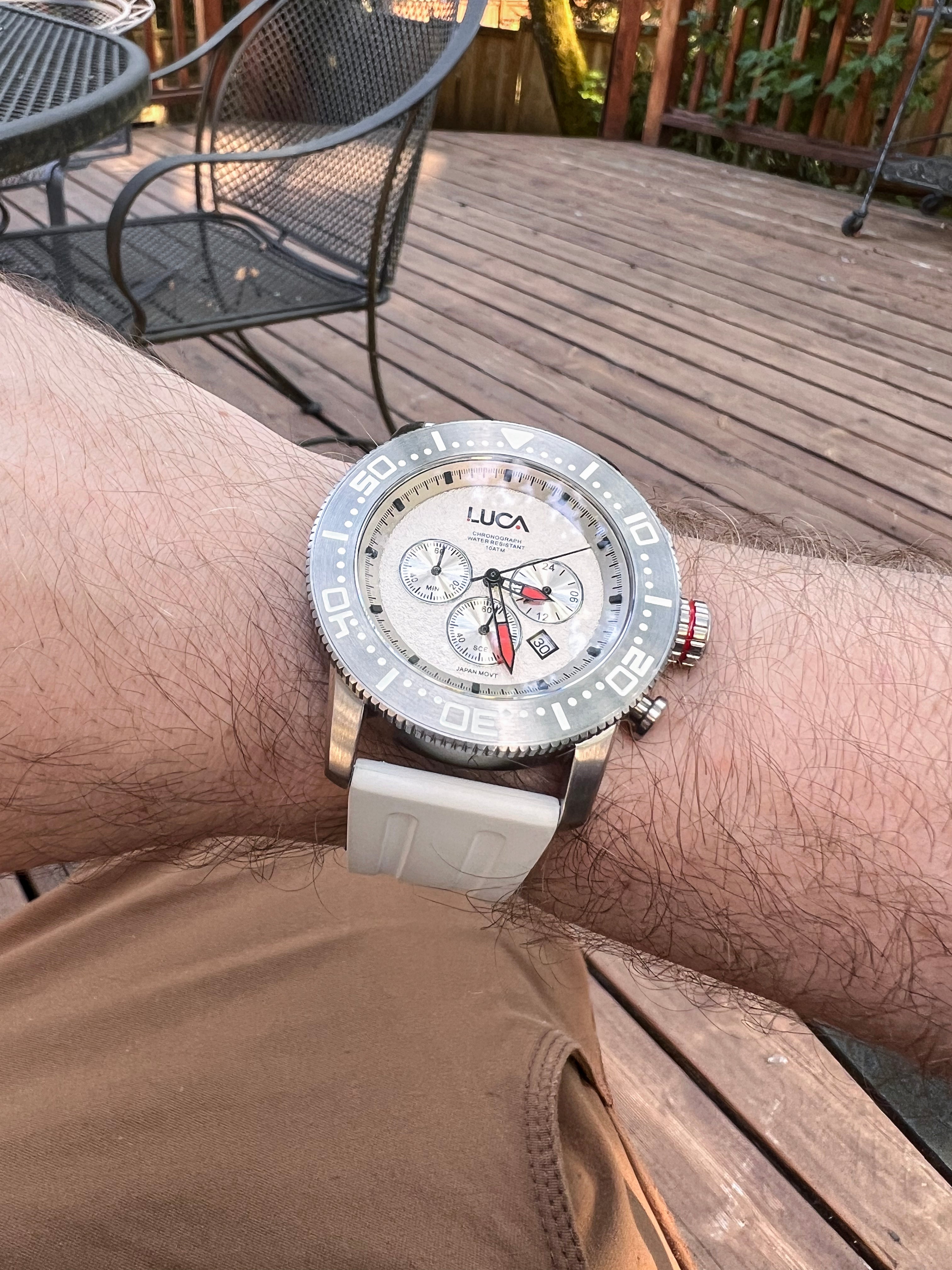
What is the Difference Between Quartz and Mechanical Watches
Watches have been an essential accessory for centuries, not only for their functionality but also for their aesthetic appeal. With advancements in technology, the watch industry has seen the rise of various types of timepieces.
Two popular options are quartz watches and mechanical watches. But what exactly sets them apart? Let's delve into the differences between quartz and mechanical watches.
Quartz Watches: The Epitome of Precision

Quartz watches are known for their accuracy and reliability. These timepieces utilize a quartz crystal to keep time. When an electric current is applied to the crystal, it vibrates at a precise frequency, generating a consistent signal.
This signal is then converted into timekeeping by an electronic circuit. Due to their high precision, quartz watches are favored by those who require accurate timekeeping, such as athletes and professionals.
One notable example of a quartz watch is the LUCA BR-1 Chronograph collection. Constructed with surgical-grade 316L stainless steel, this watch exudes durability and elegance.
The legendary Miyota movement ensures exceptional timekeeping, while the scratch-resistant and anti-reflective sapphire crystal enhances its longevity.
Mechanical Watches: A Testament to Craftsmanship

Mechanical watches, on the other hand, are a marvel of traditional watchmaking. These timepieces rely on a complex system of gears, springs, and levers to keep time.
The mainspring, wound either manually or automatically, powers the watch. As the mainspring unwinds, it releases energy that drives the gears, ultimately moving the watch hands.
What sets mechanical watches apart is their intricate craftsmanship. Skilled watchmakers meticulously assemble each component, ensuring precision and attention to detail.
The artistry and complexity of mechanical watches make them highly sought after by watch enthusiasts and collectors.
Key Differences: Accuracy and Maintenance
When it comes to accuracy, quartz watches have the upper hand. They are incredibly precise, with an average accuracy of ±15 seconds per month.
On the other hand, mechanical watches are generally less accurate, with an average accuracy of ±15 seconds per day. However, some high-end mechanical watches can achieve even greater accuracy.
Maintenance is another differentiating factor. Quartz watches are relatively low maintenance, requiring only a battery replacement every few years.
Mechanical watches, on the other hand, need regular servicing to ensure optimal performance. This includes cleaning, lubrication, and adjustment by a skilled watchmaker.
Choosing the Right Watch for You
Ultimately, the choice between a quartz watch and a mechanical watch depends on your personal preferences and needs. If accuracy and low maintenance are your priorities, a quartz watch like the LUCA BR-1 Chronograph collection may be the perfect fit.
On the other hand, if you appreciate the craftsmanship and tradition of watchmaking, a mechanical watch might be more suitable.
Whether you opt for a quartz watch or a mechanical watch, both offer their own unique charm and functionality. Whichever you choose, a well-crafted timepiece is sure to elevate your style and keep you punctual for years to come.